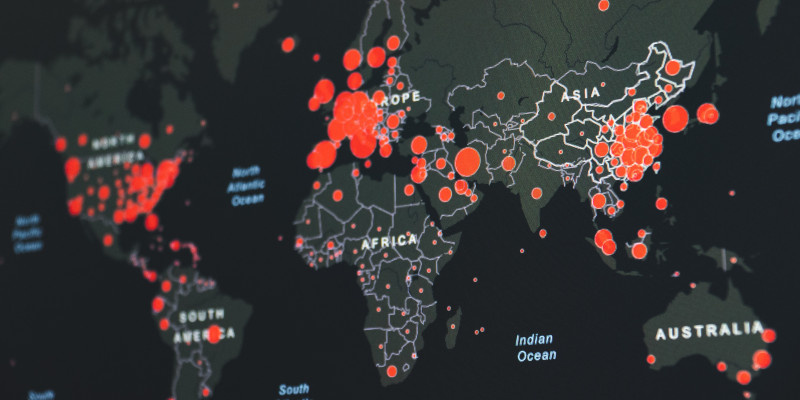Kenya’s private sector activity plunged in March to its lowest level since November 2017 as the global coronavirus pandemic hit consumer demand and forced businesses to shed jobs and cut back on their operations.The Market Stanbic Bank Kenya Purchasi...
Kenya’s private sector activity plunged in March to its lowest level since November 2017 as the global coronavirus pandemic hit consumer demand and forced businesses to shed jobs and cut back on their operations.
The Market Stanbic Bank Kenya Purchasing Managers’ Index (PMI)—which tracks business performance in the manufacturing and services sector-- fell to 34.8 in April from 37.5 in March from 49.0 in February.
Readings above 50.0 signal growth in business and the latest data is just shy of the record low of 34.4 reported in October 2017, just weeks after Kenya had come out of two presidential elections.
April’s number was the second-lowest in the survey’s history, highlighting the impact of the virus on business and the economy.
This has prompted the Treasury to forecast that the Kenyan economy will grow by as little as one percent this year, compared with a pre-pandemic forecast of about six percent, due to the impact of the disease.
“It’s safe to say that, at least with anecdotal evidence available so far, the epicentre of the Covid-19 impact on economic activity will be in the second quarter of this year,” said Jibran Qureishi, the East Africa economist at Stanbic Bank .
Demand at home and in export markets slumped as consumers stayed indoors to avoid catching the virus and because of government measures to contain its spread.
“Output, new orders, exports and employment, all reached record lows,” Markit and Stanbic said.
Kenya has so far confirmed 582 cases of Covid-19 and 26 deaths, and the government has imposed restrictions including a nationwide dusk-to-dawn curfew, closure of bars and schools to curb its spread. Kenya reported its first coronavirus case on March 12.
The impact of social distancing and restriction of businesses like bars and restaurants has impacted on consumer spending, setting the stage for job cuts and unpaid leave for workers struggling with reduced cash flow.
Vimal Shah, the chairman of Bidco Africa, a giant consumer goods maker, said overall demand had softened as a result of the closure of hotels, restaurants, eateries and catering establishments.
There has, however, been an uptick in demand for essentials such as foodstuffs, sanitiser and soap, he added.
“Demand from Horeca (hotels, restaurants, eateries and catering) segment has gone to completely zero because there are no parties, no events. However, there’s demand from the home segment with people buying from supermarkets, shops and the dukas (kiosks), but this is limited to essentials,” Mr Shah said on phone.
“With time, we are going to see whatever is not selling and stop producing, and focus on whatever is selling. So you cut off a lot of things that people can do away with.”
The Stanbic Bank report says contraction in output in April was “sharp”, citing a “steep drop in demand as customers remained fretful about the spread of Covid-19”.
Sales abroad “were also substantially down, particularly with regard to European countries where lockdown measures were widespread”.
“Meanwhile, companies reported difficulties in obtaining inputs (raw materials) during April, mostly due to weaker supply of items and constraints on vendors amid curfew policies in Nairobi,” says the report.
“Delivery times lengthened at a record pace, while stock levels were curtailed sharply as firms noted that the duration of the pandemic remained unknown.”
Original Source: Business Daily




